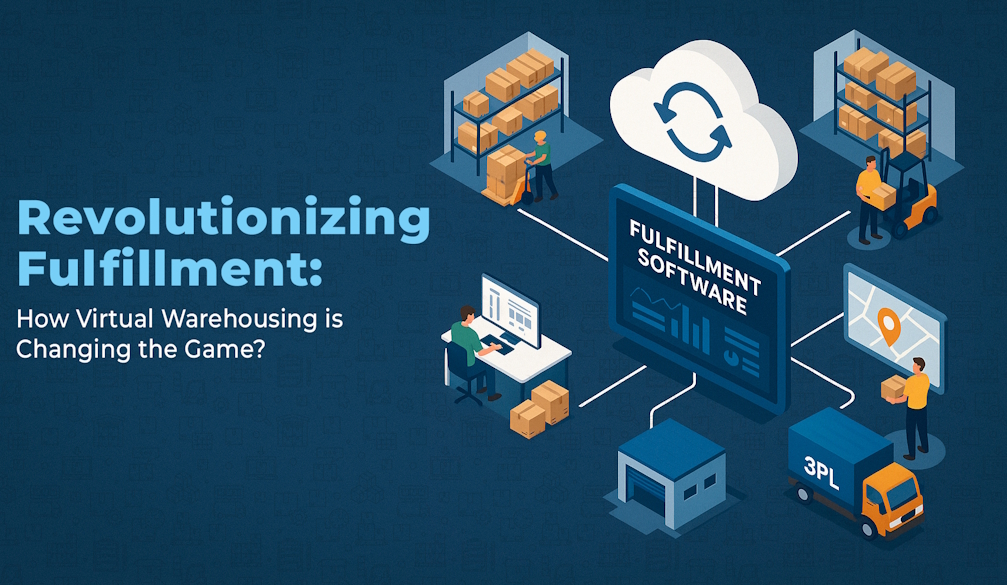Cash vs Accrual: Choosing the Right Method for SMEs

When running a small or medium-sized enterprise (SME), one of the earliest financial decisions you’ll face is choosing between the cash and accrual accounting methods. While this choice might seem purely technical, it has real implications for how you track profits, manage cash flow, and even file taxes.
Both approaches have their strengths and drawbacks. The key is understanding how each works and deciding which best supports your business model.
The Basics: Cash vs Accrual
Before diving deeper, let’s clarify what these terms mean.
- Cash Method: Income and expenses are recorded when money changes hands. If you get paid today, you record income today; if you pay a supplier tomorrow, you record the expense tomorrow.
- Accrual Method: Income and expenses are recorded when they’re earned or incurred, regardless of when cash is exchanged.
This fundamental difference affects everything from your financial statements to how you make strategic decisions.
Cash Basis of Accounting: The Simpler Approach
The cash basis of accounting is often favoured by small businesses and sole traders because of its simplicity. It offers a clear picture of actual cash on hand, which is especially useful for businesses that need to keep a close eye on liquidity.
Advantages:
- Easy to understand and implement.
- Provides an accurate view of available cash.
- Useful for businesses with straightforward transactions.
Disadvantages:
- Can distort profitability if expenses and revenues don’t align in the same period.
- Less useful for businesses with inventory or large credit sales.
Accrual Method: A Broader Financial Picture
Accrual accounting is more complex but provides a fuller picture of business performance. It matches income and expenses to the period in which they occur, regardless of when money changes hands.
Advantages:
- Offers a more accurate view of profitability.
- Better for long-term planning and financial analysis.
- Required for larger businesses under Australian accounting standards.
Disadvantages:
- More complex to manage without accounting expertise.
- May not reflect actual cash flow, which can cause surprises.
Which Method Do Australian SMEs Use?
In Australia, SMEs have some flexibility. Many microbusinesses and sole traders opt for the cash method due to its simplicity. However, as businesses grow, especially those with inventory or significant credit sales, the accrual method becomes more practical—and sometimes mandatory.
According to the Australian Bureau of Statistics, over 97% of actively trading businesses in the country are SMEs, highlighting how crucial accounting choices are for the majority of enterprises.
How to Decide Which Method Suits Your SME
Your choice depends largely on the nature and size of your business. Consider the following factors:
- Business Complexity: Do you have inventory, credit sales, or long-term contracts? If yes, accrual may serve you better.
- Cash Flow Needs: If tracking real-time cash is vital, the cash method might be more practical.
- Compliance Requirements: Larger businesses or those aiming for external investment may need accrual to meet reporting standards.
- Growth Plans: If you plan to expand quickly, accrual accounting may help with forecasting and decision-making.
Practical Example: Café vs Construction Firm
Imagine a small café that mostly handles cash and card payments at the counter. The cash method works perfectly here—it reflects daily takings and helps manage expenses like rent and supplies.
Now consider a construction firm working on multi-month projects, often receiving payments in stages. For this business, accrual accounting makes more sense, as it aligns revenue and expenses with the actual work performed.
Blended Approaches and Professional Help
Some SMEs use a hybrid approach, tracking day-to-day operations on a cash basis but adjusting to accrual for financial reporting. While this can offer flexibility, it does require more bookkeeping effort.
For many business owners, the best step is consulting an accountant. Professionals can advise not just on compliance but also on how each method impacts tax obligations and long-term growth strategies.
Final Thoughts
Choosing between cash and accrual accounting isn’t just a matter of ticking a box—it’s about aligning your financial reporting with the realities of your business. SMEs in Australia can benefit from the simplicity of cash accounting or the strategic insights of accrual, depending on their needs.
The right choice helps you not only stay compliant but also make smarter decisions for growth and sustainability.







